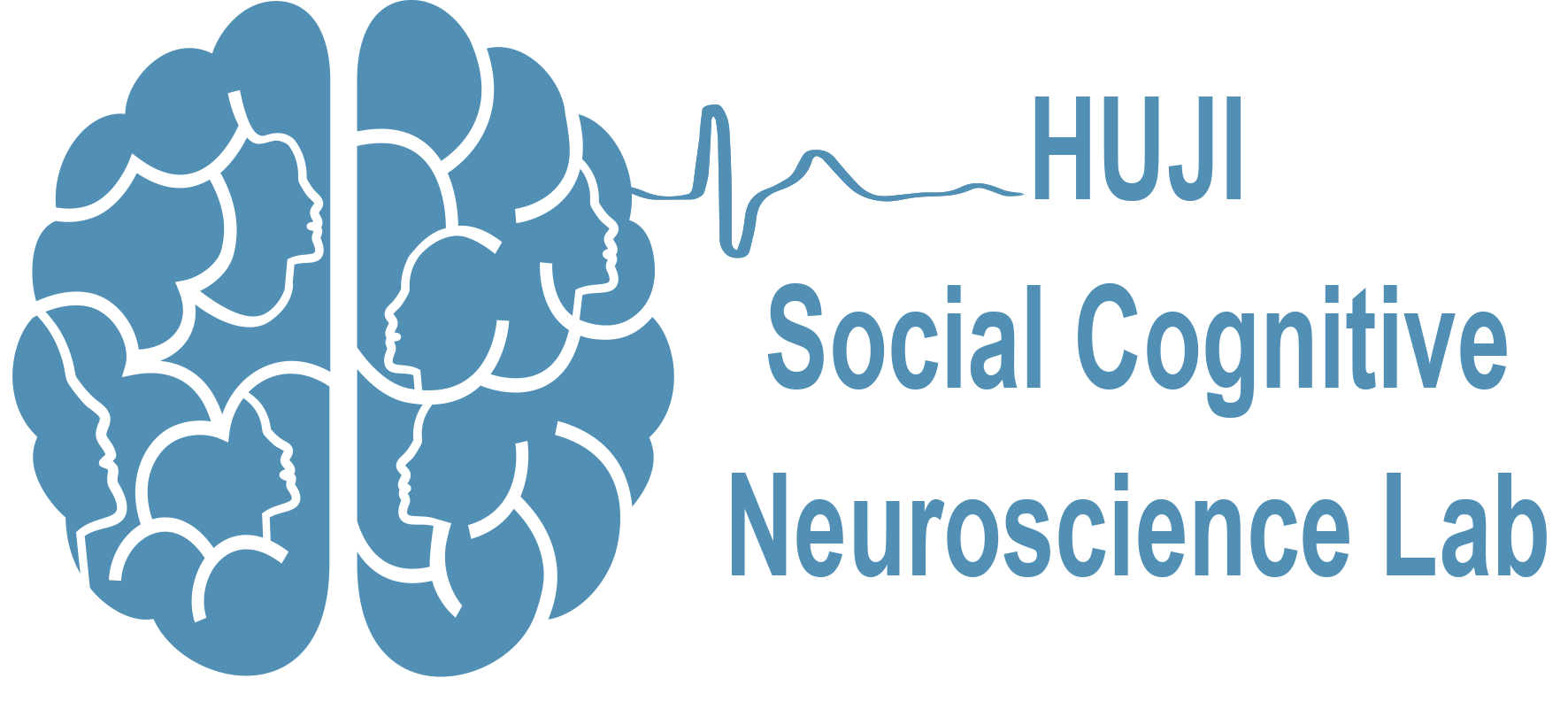Citation:
Abstract:
Introduction
Typically, humans place themselves at a preferred distance from others. This distance is known to characterize human spatial behavior. Here, we focused on neurocognitive conditions that may affect interpersonal distances. The current study investigated whether neurocognitive deficiencies in numerical and spatial knowledge may affect social perception and modulate personal space.
Method
In an event-related potential (ERP) study, university students with developmental dyscalculia (DD) and typically developing control participants were given a computerized version of the comfortable interpersonal distance task, in which participants were instructed to press the spacebar when they began to feel uncomfortable by the approach of a virtual protagonist.
Results
Results showed that students with deficiencies in numerical and spatial skills (i.e., DD) demonstrated reduced variability in their preferred distance from an approaching friend. Importantly, DD showed decreased amplitude of the N1 wave in the friend condition.
Conclusion
These results suggest that people coping with deficiencies in spatial cognition have a less efficient allocation of spatial attention in the service of processing personal distances. Accordingly, the study highlights the fundamental role of spatial neurocognition in organizing social space.

